South Africa Finally Gets its Climate Change Act
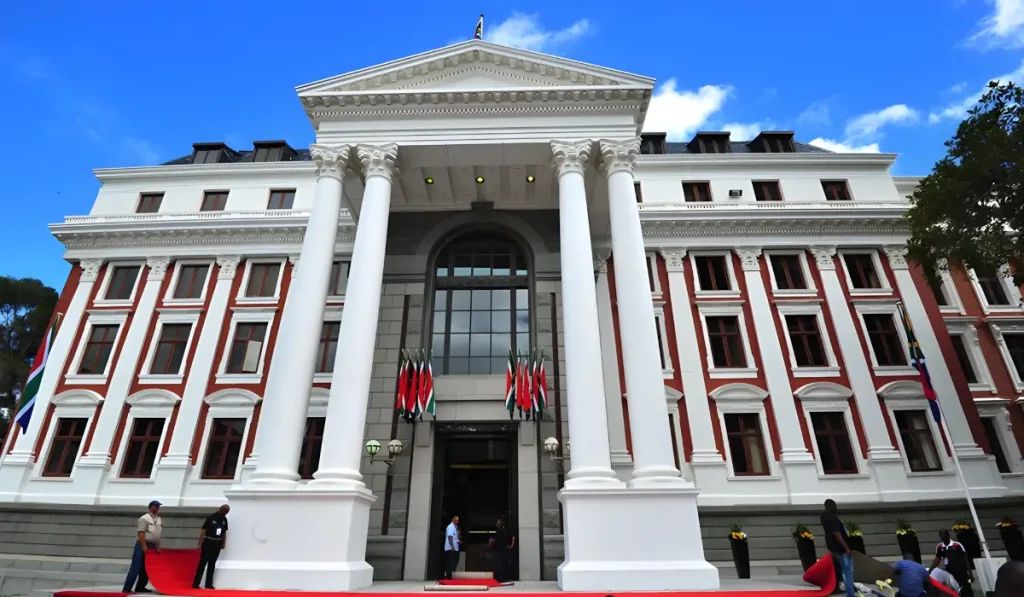
The long awaited Climate Change Act charts a course for the government to implement decade’s old climate policy, and signals to the international community the nation’s commitment to its emissions trajectory and adaptation ambitions.
Getting the Global Goal on Adaptation up and Running
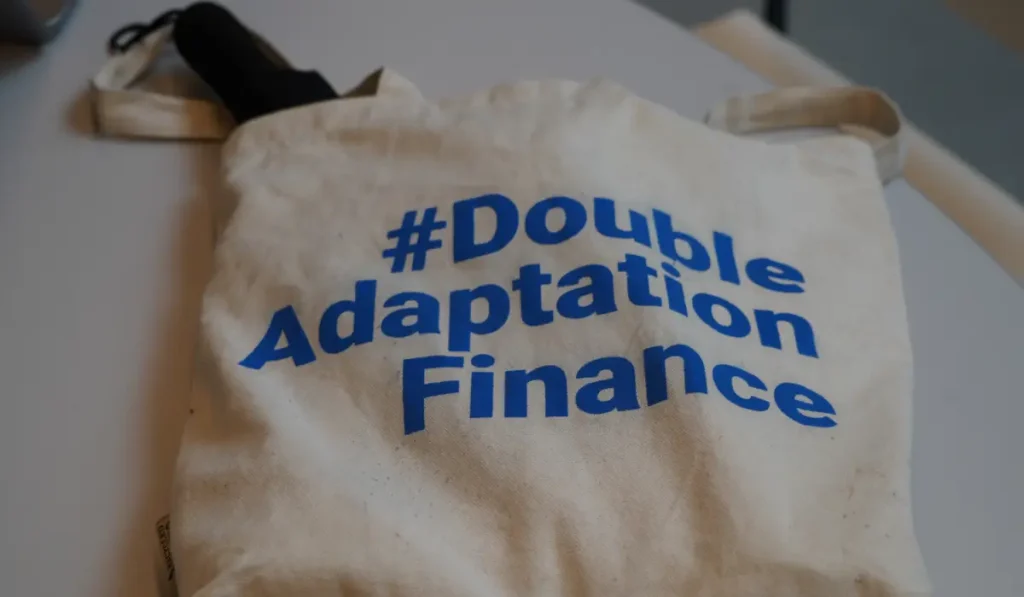
The global goal on adaptation it is wide reaching but disappointingly vague. Recently, countries met to flesh out indicators to measure it, creating an opportunity to craft something more meaningful and useful, that can spur action and channel climate finance where it is needed most.
Agriculture at COP28: Outcomes and implications for Africa
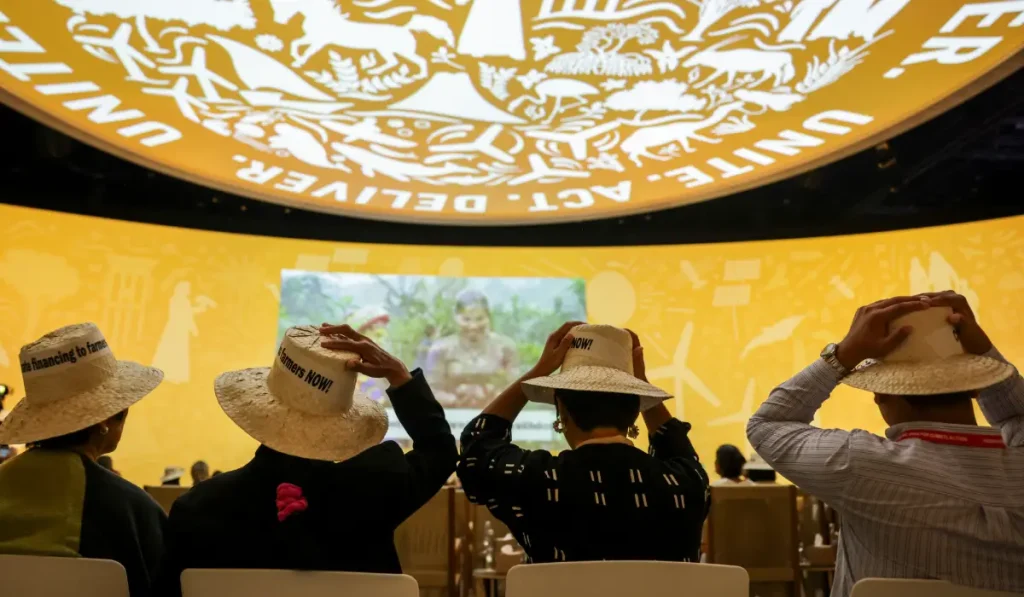
The African continent boasts vast agricultural potential and yet most countries are net food importers. For years agriculture has been a negotiation priority for many African states however progress at the COPs has been slow. At COP28, agriculture featured more prominently including within the UAE Declaration on Sustainable Agriculture, the Global Goal on Adaptation as well as the Global Stocktake. However, the failure to reach any agreement under the Joint Work on Implementation on Agriculture and Food Security was a missed opportunity.
What happened with the Global Goal on Adaptation at COP28?
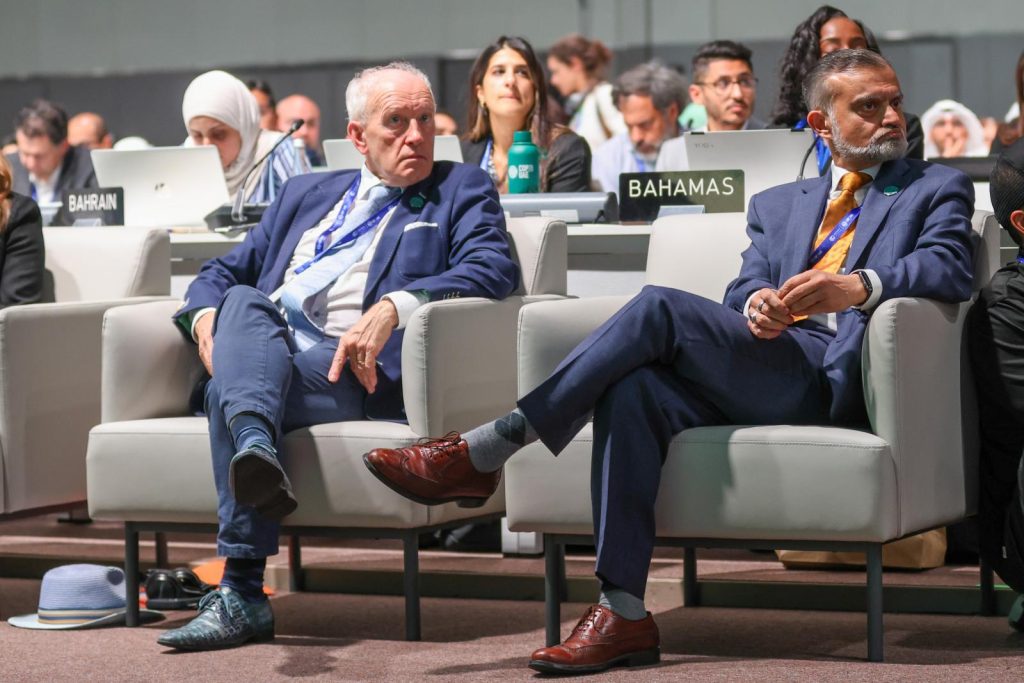
Taken together, the outcome on the global goal on adaptation misses an opportunity of facilitating climate resilient development in developing countries. In this overview, CSIR holistic climate change impact area manager and South African Presidential Climate Commission member, Dr Brian Mantlana, unpacks the outcomes of COP28 for the goal, arguing its laughable timelines and the lack of financial commitments makes it a farce.
Petersberg Climate Dialogues: Building a COP28 Roadmap for Adaptation
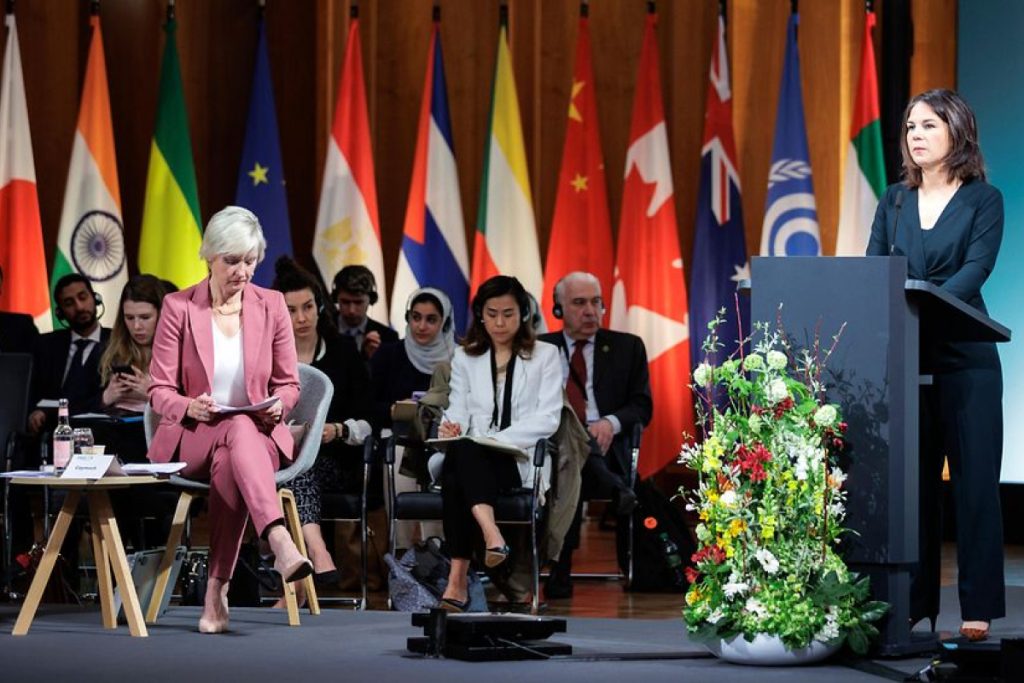
COP28 preparations discuss a possible Roadmap that would address adaptation planning, risk management, and policy frameworks, but no reference yet to next steps for the Global Goal on Adaptation
What Does the New High Seas Treaty Mean for Climate Change?

The recently concluded High Seas Treaty will bolster the world’s ability to protect climate vulnerable areas on the high seas. It also requires countries to undertake EIAs and which must take climate change into account, one of the first global treaties to ever require this.
Biodiversity Gets its Paris Moment: Climate Takeaways from COP15

In the early hours of the morning on 19 December 2022, the gavel came down on the 15th COP of the Convention on Biodiversity, hosted in Montreal under the Presidency of China. The outcome of the COP is the Kunming-Montreal Global Biodiversity Framework (GBF), the product of more than four years of global negotiations. Some of the debates at the negotiations will be familiar to veterans of the climate negotiations, including on the ambition of 2030 and 2050 targets and their specificity, a lack of finance for developing countries to meet the targets, the ability of states to determine how to meet the global targets through national planning frameworks, the ratcheting of ambition, the protection of indigenous community rights and special dispensations and considerations for small island states and least developed countries. In our analysis we highlight some of the key aspects of the GBF, particularly as they relate to climate, focusing on the main targets agreed to. We also discuss the debates around finance, explaining why the DRC understandably objected to the final package that was presented. Lastly, we unpack the interlinkages between two regimes and how they can learn from each other going forward.
COP15 mulls over a Global Biodiversity Framework

At this year’s Convention on Biodiversity COP15 in Montreal between 7 and 19 December, Parties are deliberating over a Global Biodiversity Framework, which many are hoping will be a “Paris Moment for Nature”. The draft framework is likely to be comprised of 21 targets and 10 ‘milestones’ to be achieved by the end of the decade. In our brief we consider linkages and similarities between these negotiations and the climate regime, in particular on finance and the global goal on adaptation.
New Report Charts a Path for a Global Goal on Adaptation
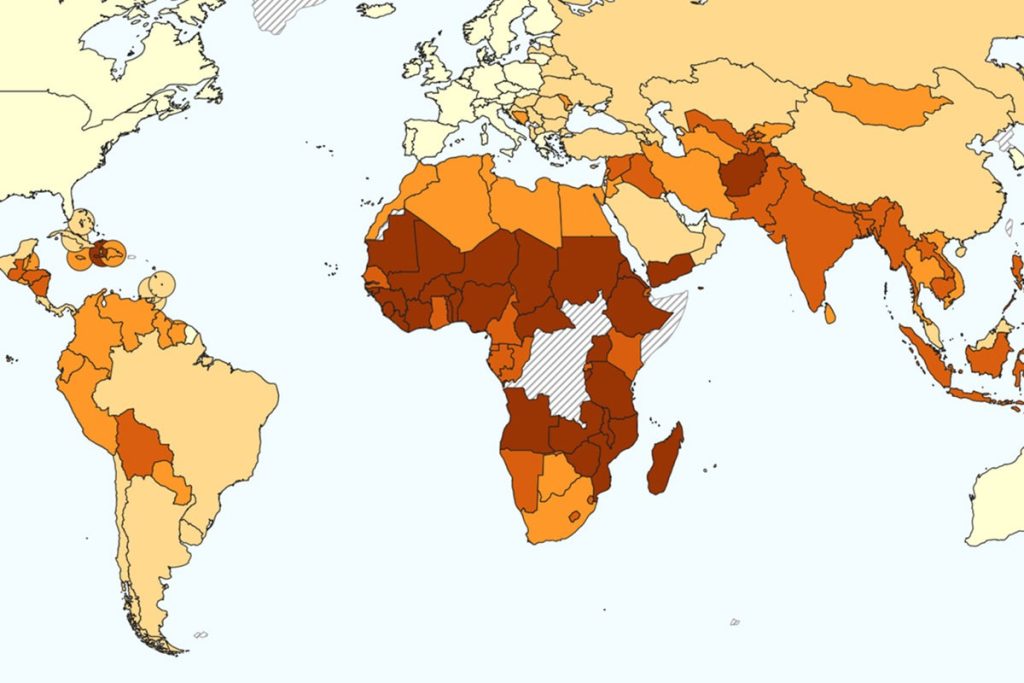
A new synthesis paper has been released by the Secretariat, that seeks to compile information and explore ideas and examples of indicators, approaches, targets and metrics relevant to the Global Goal on Adaptation, with a view to putting options on the table of what a Global Goal might look like
Lack of Developed Country Leaders at Rotterdam Africa Adaptation Summit
Macky Sall, the President of Senegal and chief of the African Union, together with Congolese President Felix Tshisekedi, have criticised the failure of developed countries to attend the African Adaptation Summit held in Rotterdam on 5 September. In the opening remarks, Sall stated: “I cannot fail to note with a touch of bitterness the absence […]

